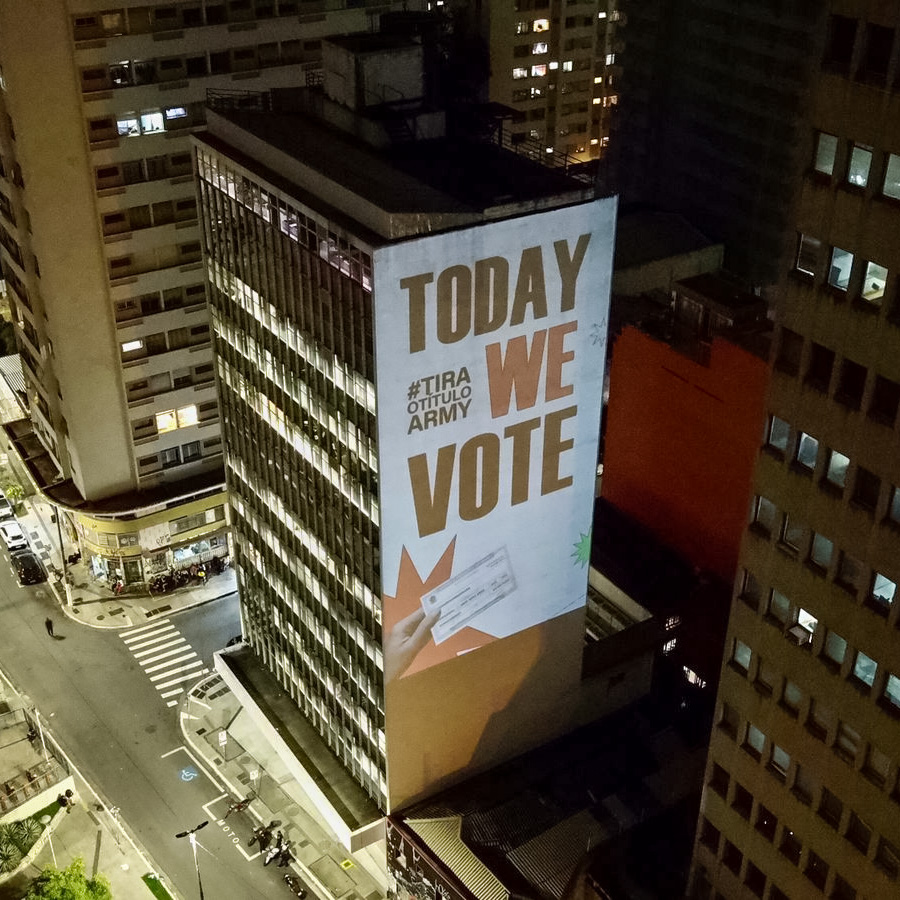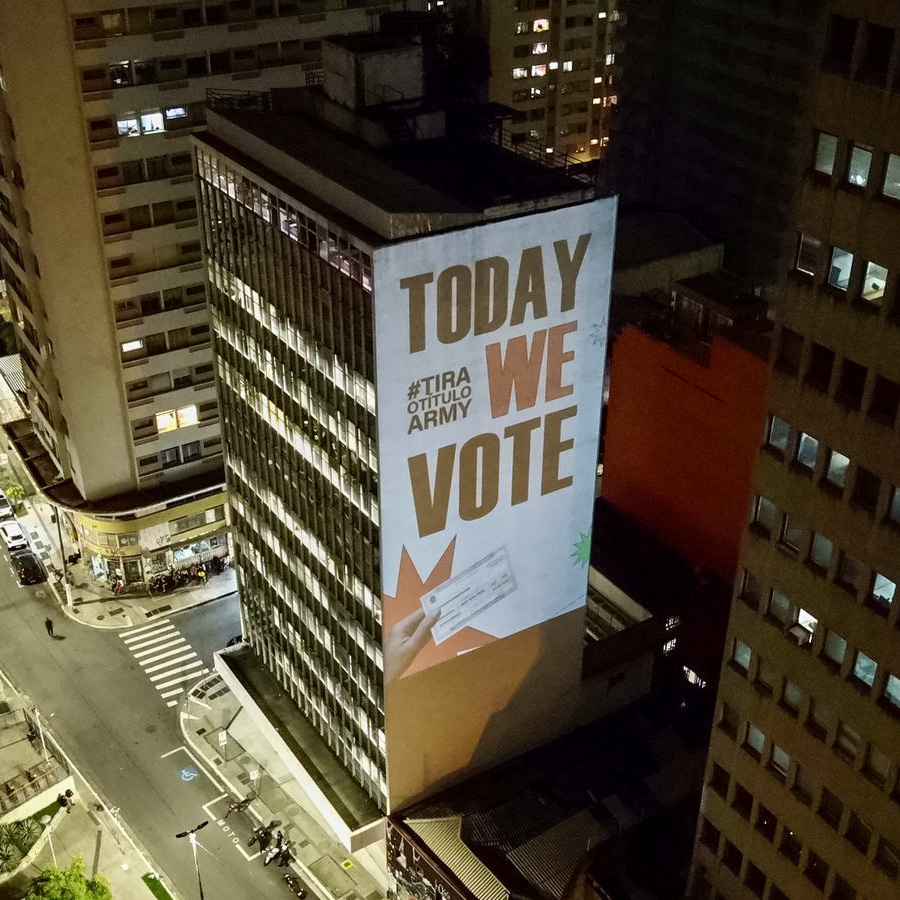
How K-pop fans are shaping elections around the globe
When BTS’s “Permission to Dance” concert in Seoul was broadcast in movie theaters in March 2022, Army Help the Planet handed out 4,000 BTS-themed voter cards to viewers across Brazil, with a QR code directing people to campaign and voter registration sites. A month later, the group projected BTS lyrics onto billboards in six cities. They included lines such as “If what you see in the news is nothing to you, you’re not normal” and “Tomorrow will keep coming and we’re too young to give up.”
The campaign helped contribute to a record-setting level in the number of young people registering to vote. In October, Bolsonaro was defeated for reelection by the leftist former president Luiz Inácio Lula da Silva.
For Jorquera, the message is clear: “People should know they have the power to change an election. Everything is free. You don’t need resources. What you need is solidarity.”
It’s not all hits
K-pop-led political campaigns don’t always win the day, though.
Last July, in a lecture hall at Hankuk University in Seoul, three Filipino academics spoke about BTS Army’s efforts to support Lena Robredo in the recent presidential race in the Philippines. She lost to Ferdinand “Bongbong” Marcos Jr. (whose campaign also used BTS images and memes online)—a devastating result for the presenters.
Allison Anne Atis, a researcher at the University of the Philippines Diliman, said she might be “red-tagged,” or labeled as a Communist sympathizer and face persecution by the Marcos administration, for delivering the talk. She told the audience: “Please do not elect a dictator in your countries.”
Even successful K-pop campaigns tend to focus on achieving a specific result rather than encouraging public engagement over a long period, says Tom Carothers, a senior fellow at the nonpartisan Carnegie Endowment for International Peace in Washington, DC. That can limit their impact. “Their strength is their ability to reach large numbers of people at a low cost,” Carothers says. “Their weakness is that they are only trying to get citizens to do one very discrete thing at a particular moment.”
I thought about Atis and her colleagues when I was in Busan, South Korea, in October for a BTS concert. In the days leading up to what many worried would be the last performance by the group, at least for a while, fans from all over the world arrived in the beachside city, sporting BTS luggage tags, pins, and hoodies from previous concerts. I spoke with fans from Germany, India, Indonesia, Australia, Japan, and the US. The show was free, but many did not have tickets, and 100,000 visitors had come to the city for a concert with a capacity of 50,000.

